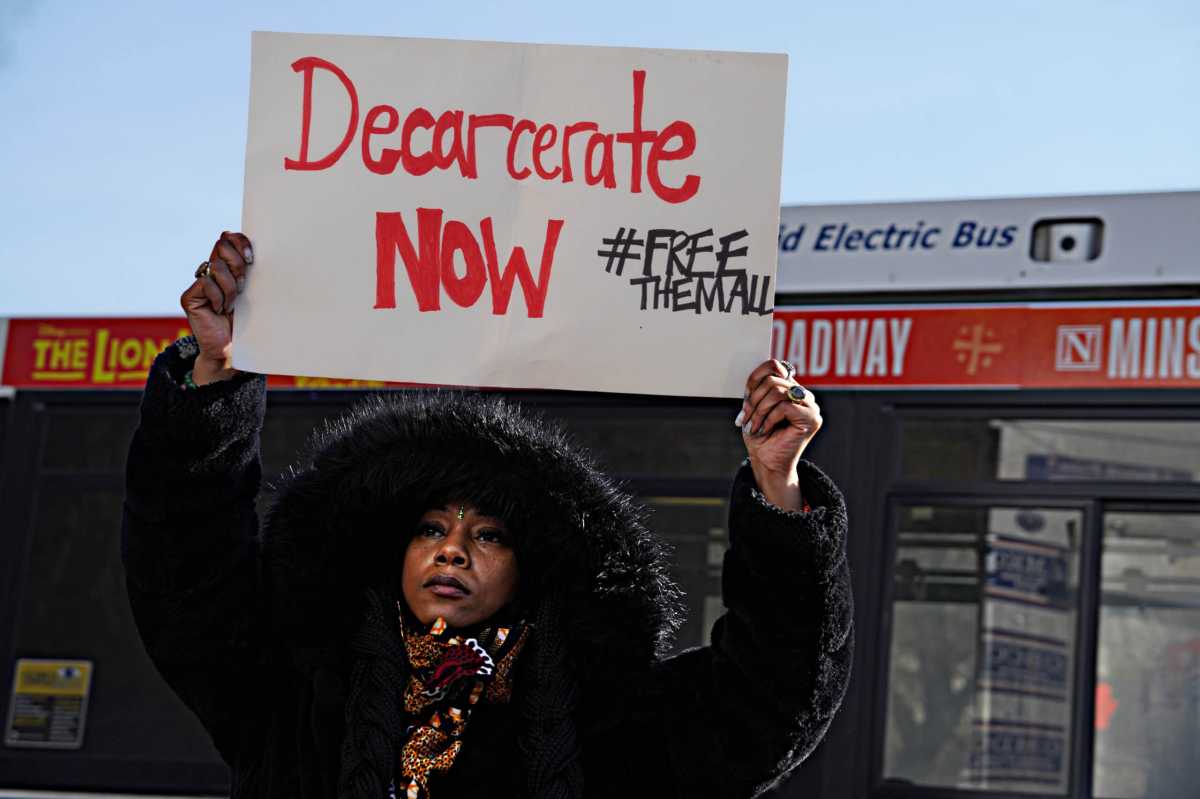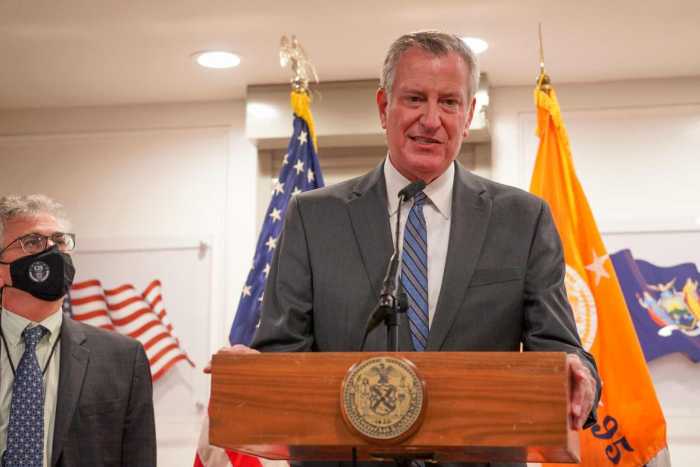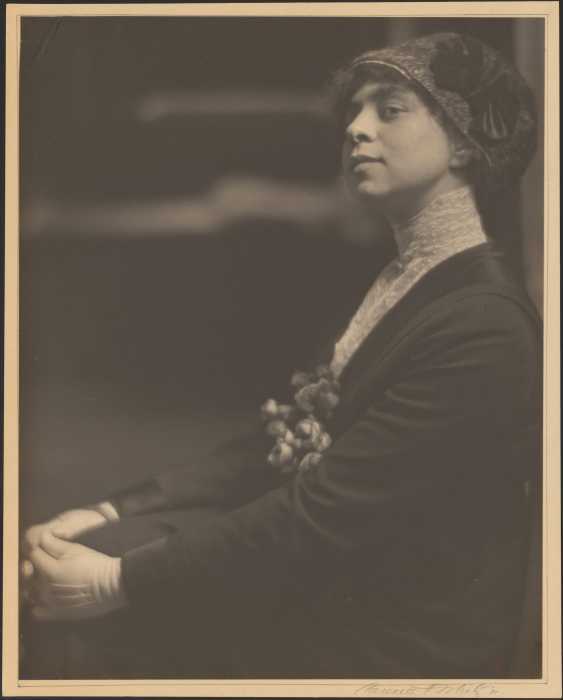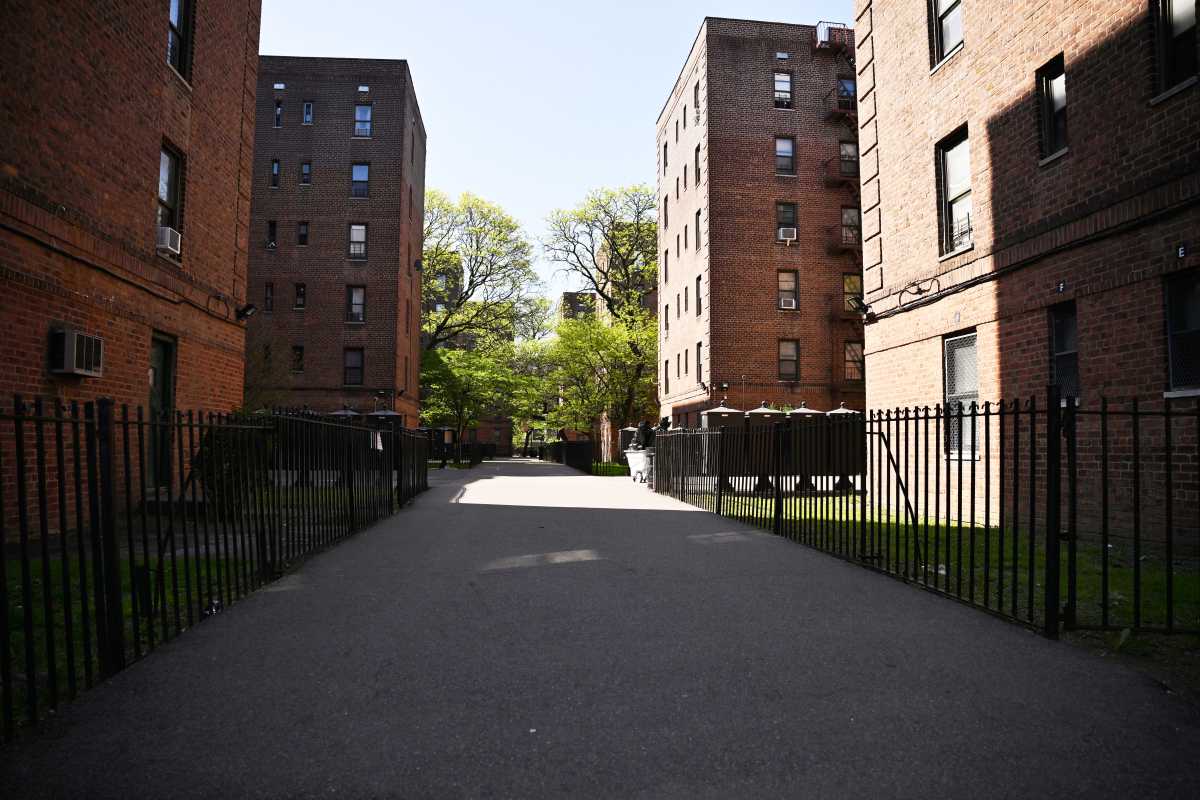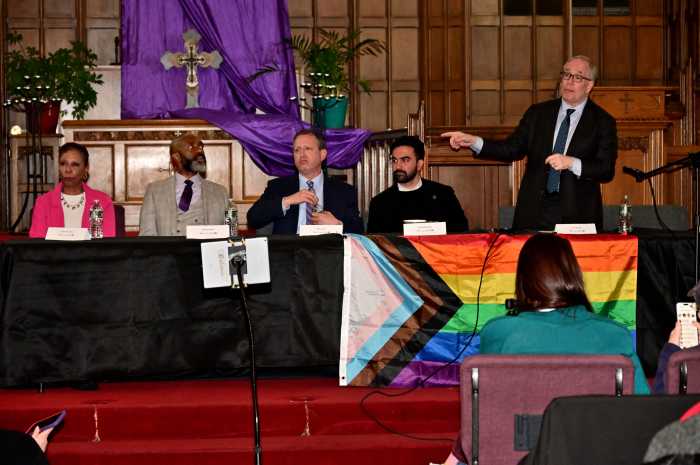The Communities not Cages campaign officially introduces new bills designed to address mass incarceration.
An assembly of lawmakers, judges, and formerly incarcerated individuals unveiled three new bills Wednesday via a Zoom conference that the group believes will make major strides in sentencing reform and rectify the disproportionate impact of mass incarceration on Black and Brown individuals.
Speakers discussed what they believe to be the skewed criminal justice system in relation to bail bonds disparities, coerced plea deals, and the indiscriminate and excessive punishment of an overwhelming number of minority groups facing the brunt of incarceration. The three bills announced during the virtual event are the Eliminate Mandatory Minimums Act, the Second Look Act, and the Earned Time Act.
“Over 30,000 people are currently incarcerated in state prisons,” Marvin Mayfield, Director of Organizing at Center for Community Alternatives said. “Nearly 75% are Black or brown. From the 1970’s Rockefeller Drug Laws to the 1990’s ‘tough on crime’ era, New York built a sentencing regime that funneled hundreds of thousands of people into cages. As intended, these laws exacerbated the mass criminalization and mass incarceration of Black and brown New Yorkers.”
Those behind the bills champion the proposals as the first major sentencing reform to be introduced since the partial repeal of the Rockefeller drug laws—a set of mandatory sentencing procedures that were found to exacerbate racial inequity within the criminal justice system 14 years ago. The three bills are as follows:
The Elimination of Mandatory Minimums—sponsored by Senator Zellnor Myrie and Assembly Member Demond Meeks—would repeal mandatory minimum sentences for federal drug crimes. According to Darnell Epps, Center for Community Alternatives’ community leader, these mandatory sentences force judges to dish out harsh and unreasonable time to individuals based on over-punitive laws. In place of this, the elimination of mandatory minimums would empower judges and juries to evaluate the individual factors of each case and shift toward rehabilitation and reform rather than simply incarceration.
The Second Look Act—sponsored by Senator Julia Salazar and Assembly Member Latrice Walker—allows those imprisoned to petition for resentencing review, permitting judges to revisit cases where excessive sentences have been implemented, allowing them to reconsider the time allocated. According to Walker, there are about 9,000 New Yorkers serving life sentences, and this bill will provide them with a chance to return to their families and communities.
Earned Time Act—sponsored by Senator Jeremy Cooney and Assembly Member Anna Kelles—encourages rehabilitation and restorative justice by further expanding eligibility for the existing Good Time and Merit Time laws (reducing sentencing time off of an incarcerated individual’s maximum term of imprisonment due to good behavior.) According to Cooney, this will help “incentivize restorative and rehabilitative environments in state prisons that benefit both incarcerated individuals and corrections personnel, while also facilitating safer reentry into society.”
“We are changing a system of punishment to a system of redemption, transformation and rehabilitation,” Assembly Member Kelles said.
The reforms have only been introduced at this point and would need to be voted on by legislators. Over 500 participated in the virtual discussion that called for an end to New York’s racist and draconian sentencing laws Wednesday and are supporting a transformation in criminal justice to see what works as a deterrence rather than how much time must be served.
“Right now, people like my husband who are incarcerated with indeterminate sentences can only earn a 6-month credit off their sentence no matter how many programs, degrees of achievements they accomplish while in prison,” said Kerry Gant, Center for Community Alternatives’ community leader. “This means that as hard as they work to grow and change, they are doing so without any incentive from the system itself. This is why we are fighting for the Earned Time Act, which will allow individuals to earn good time or merit time, regardless of their sentence of classification. The Earned Time Act not only expands how merit and good time can be earned, but it shifts the culture of our prisons from extreme punishment into a culture of rehabilitation, restoration and preparation for return.”



